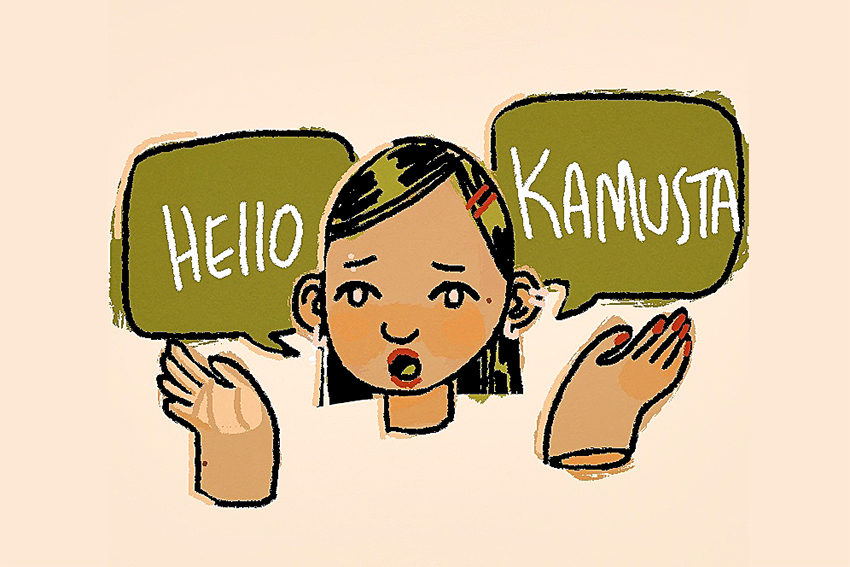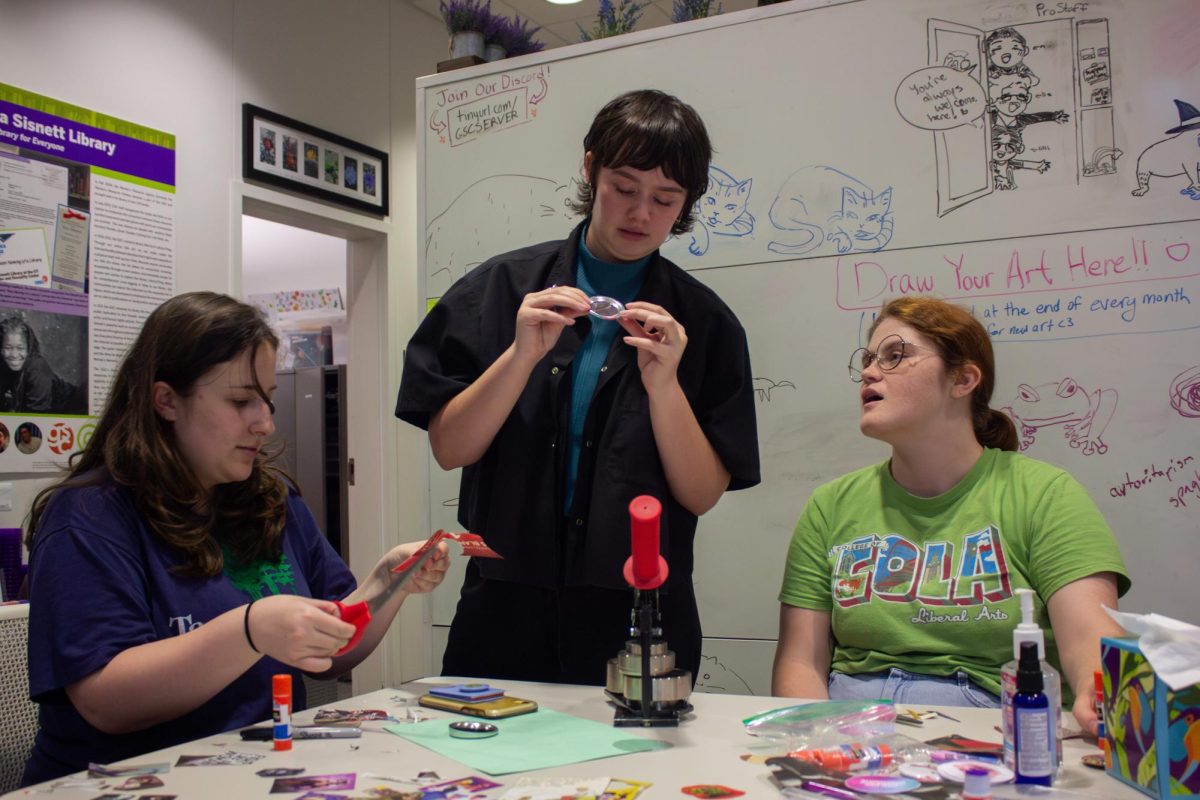When accounting sophomore Marie Yamamoto was applying to UT, her parents were unable to help her because they lacked one thing — the ability to speak English fluently.
Yamamoto’s experience is just one of many that illustrate the challenges that accompany transitioning from a bilingual household to a primarily English-speaking university. According to the Migration Policy Institute, about 15 percent of students in Texas are learning English as a second language in public schools.
With a low percentage of bilingual students in Texas, Yamamoto said it can become harder to maintain one’s native tongue, especially if it’s not English. Yamamoto grew up speaking Japanese with her parents and English at school and with her sister. However, since coming to UT, she said her Japanese has deteriorated.
“It’s a little bit harder every time I go home because I’m not around (my parents) 24/7,” Yamamoto said. “They were basically the only people I spoke to in Japanese.”
Actively exposing someone to another language further strengthens their language and cognition, said Courtney Byrd, an associate professor in communication sciences and disorders who studies misidentification of bilingual students as stuttering individuals.
She said bilingualism is tricky because people associate different meanings with it, and many think it’s a choice.
“For many children, it’s a necessity,” Byrd said. “If (bilingual students) are here in this country, then for those of us who have a choice, (we) should make sure we’re all able to communicate (in) more than just one language.”
In Yamamoto’s case while applying to UT, Byrd said the lack of a support system is a factor that puts many bilingual students at a disadvantage.
“It speaks to us as a University (and shows the necessity of) having a system to help those students so they could have the support that they would otherwise get if language wasn’t a barrier,” Byrd said.
Byrd said community plays a large role in maintaining one’s language and cultural identity. Finding people who have experienced similar roadblocks provides a sense of security for bilingual students.
“You can look to them to see they were able to transcend those challenges and still maintain their use of their language and respect for their culture,” Byrd said. “It’s an opportunity for them to be empowered by their differences and not try to suppress them.”
Students can become a part of this community through a few organizations on campus, including the Bilingual Education Student Organization, which not only helps future bilingual educators but anyone interested in bilingual education.
Beatriz Valdez, the organization’s vice president, said that coming to UT and finding a bilingual community helped her maintain her native tongue and served as a reminder of her identity.
“(Coming) from the Hispanic/Latino community, I’ve always been very close to my family,” Valdez said. “Finding an organization that focuses on bilingualism was important to me because my language is part of my identity.”
Despite the challenges bilingual students face while attending English-speaking universities such as UT, Byrd said bilingualism is a gift.
“(Bilingual students) can feel isolated,” Byrd said. “But the fact that they’re here speaks to the level of their talent in a way which is not true of other students who get here through a monolingual port hole.”





















